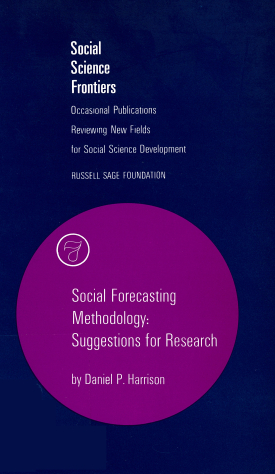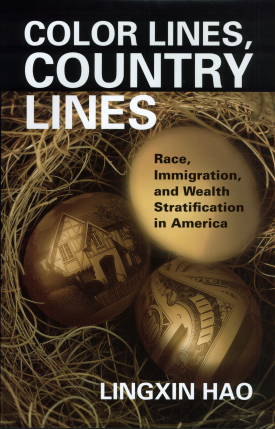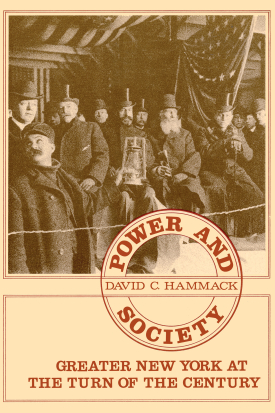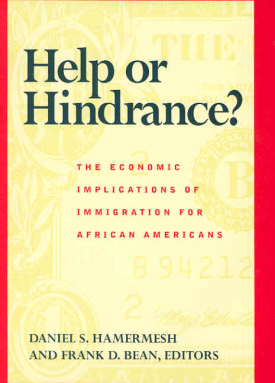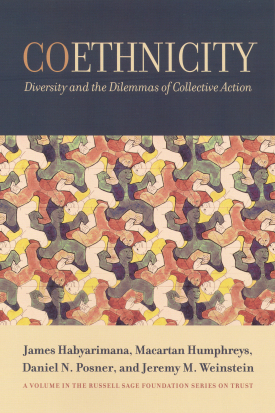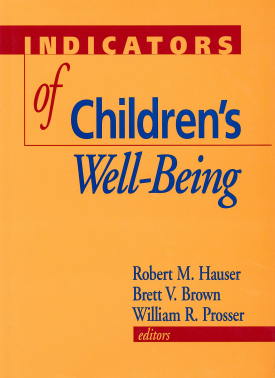
Indicators of Children's Well-Being
About This Book
The search for reliable information on the well-being of America's young is vital to designing programs to improve their lives. Yet social scientists are concerned that many measurements of children's physical and emotional health are inadequate, misleading, or outdated, leaving policymakers ill-informed. Indicators of Children's Well-Being is an ambitious inquiry into current efforts to monitor children from the prenatal period through adolescence. Working with the most up-to-date statistical sources, experts from multiple disciplines assess how data on physical development, education, economic security, family and neighborhood conditions, and social behavior are collected and analyzed, what findings they reveal, and what improvements are needed to create a more comprehensive and policy-relevant system of measurement.
Today's climate of welfare reform has opened new possibilities for program innovation and experimentation, but it has also intensified the need for a clearly defined and wide-ranging empirical framework to pinpoint where help is needed and what interventions will succeed. Indicators of Children's Well-Being emphasizes the importance of accurate studies that address real problems. Essays on children's material well-being show why income data must be supplemented with assessments of housing, medical care, household expenditure, food consumption, and education. Other contributors urge refinements to existing survey instruments such as the Census and the Current Population Survey. The usefulness of records from human service agencies, child welfare records, and juvenile court statistics is also evaluated.
ROBERT M. HAUSER is Vilas Research Professor of Sociology and affiliate at the Institute for Research on Poverty, University of Wisconsin, Madison.
BRETT V. BROWN is research associate at Child Trends, Inc., Washington, D.C.
WILLIAM R. PROSSER is senior policy analyst who is retired from the Office of the Assistant Secretary for Planning and Evaluation, U.S. Department of Health and Human Services, Washington, D.C.
CONTRIBUTORS: J. Lawrence Aber, Jeanne Brooks-Gunn, Thomas J. Corbett, Claudia J. Coulton, Greg J. Duncan, David J. Eggebeen, Arthur B. Elster, Frank F. Furstenberg Jr., Robert M. Goerge, Dennis P. Hogan, Mary Elizabeth Hughes, Aurora Jackson, Stephanie M. Jones, Thomas J. Kane, Bruce P. Kennedy, Daniel Koretz, Paula Lantz, John M. Love, Susan E. Mayer, Timothy J. McGourthy, Marc L. Miringoff, Marque-Luisa Miringoff, Kristin A. Moore, Allyn M. Mortimer, Leslie Moscow, Jane Mosley, Melissa Partin, Deborah A. Phillips, Deborah Prothrow-Stith, Gary D. Sandefur, James Sears, Judith R. Smith, Matthew Stagner, Barbara Starfield, Ruby Takanishi, Barbara L. Wolfe.
An Institute for Research on Poverty Affiliated Book on Poverty and Public Policy


